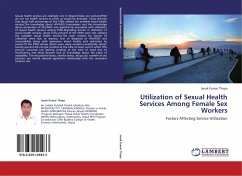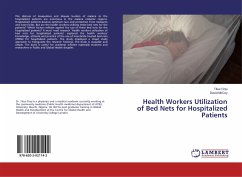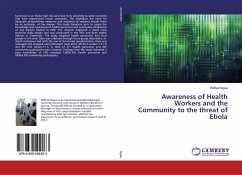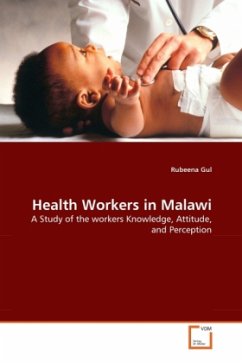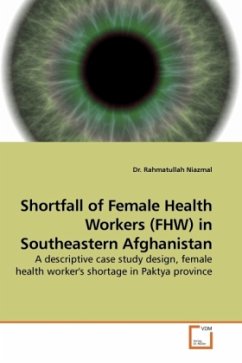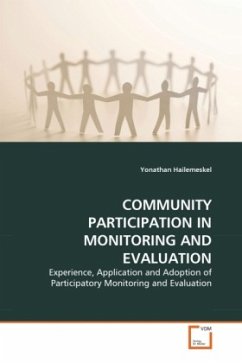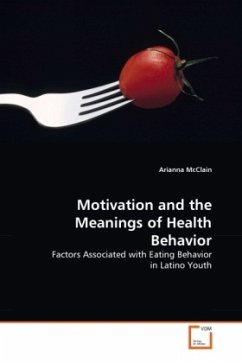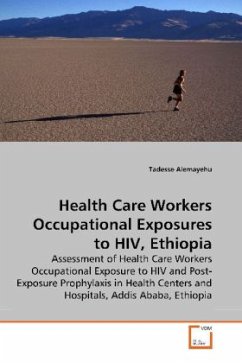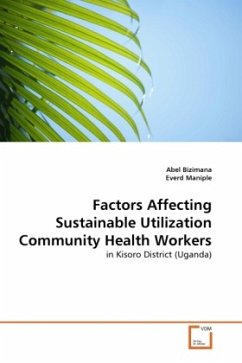
Factors Affecting Sustainable Utilization Community Health Workers
in Kisoro District (Uganda)
Versandkostenfrei!
Versandfertig in 6-10 Tagen
39,99 €
inkl. MwSt.

PAYBACK Punkte
20 °P sammeln!
Since the 1978 when primary Health Care (PHC) was adopted by both developing and developed countries as a main principle in pursuit of equitable access to quality health and health care, community Health Workers (CHWS) have remained relevant in ensuring health services closer to households. Now the concept of task shifting/sharing especially in chronic are care and child survival initiatives make use of CHWS even more plausible. In Uganda CHWS who are trained community volunteers are doing tremendous job in distribution of long lasting insecticide nets, vitamin A, de-worming tablets, onchocerc...
Since the 1978 when primary Health Care (PHC) was adopted by both developing and developed countries as a main principle in pursuit of equitable access to quality health and health care, community Health Workers (CHWS) have remained relevant in ensuring health services closer to households. Now the concept of task shifting/sharing especially in chronic are care and child survival initiatives make use of CHWS even more plausible. In Uganda CHWS who are trained community volunteers are doing tremendous job in distribution of long lasting insecticide nets, vitamin A, de-worming tablets, onchocerciasis medicine and chronic care for people living with HIV/AIDS. This study carried out in Southwestern Region of Uganda explores factors associated with the retention of this important health cadre and findings of the study may help you in strategic focus while designing strategy to involve community resource persons such as Village Health Teams. Health mangers, policy analysists, economists and health promotion experts will find this book very resourceful.



